Culture without a Workplace | 8 ways to foster the human side of work
Workplace culture has taken a beating this year—after all, many of us are no longer in a workplace so much as a home office or corner of a bedroom.
Absent the physical elements of the office though, culture’s less tangible (and arguably more-important) qualities are front and center.
What is work(place) culture?
Culture is how people behave when no one is looking. It’s the human side of work, a product of how a group of individuals come together and collaborate (or not). It informs how we make decisions and when we respond to emails or IMs. It’s both invisible and ever present.
Many of us are still working remotely, so we’re sharing some simple ways to recognize, benefit from, and shape work culture—absent the workplace.
Since we work with all sorts of organizations—from small tech start-ups to Fortune 500 financial-services firms—these reflect a variety of approaches to fostering connection and culture amidst the pandemic.
Join early
That 10-15 minute calendar warning? Make it ok for people to join your team meetings from that moment. They can check their connection - but in practice they’ll also check in with one another.
It may sound small, but most teams are missing out on those “between meetings” interactions that come from being in the same physical space. This is a simple way to foster some of the same chitchat and perhaps even innovation.
The best part? It’s optional, so it lacks the “forced” feeling of many a 2020 call.
Lead with boundaries
A weekly “no internal meetings day” or “no work email checking after 5pm” rule will go down very well - and people might actually be refreshed when they log in the next day.
You can have exceptions for emergencies and the like, just try to keep it simple and universal.
Spotlight values in action (and values inaction)
Team and company values can falter in hard times. Consider spotlighting them when they work well or when someone models an aspirational one.
Share a values success story in your weekly team meeting perhaps - “Farah did a great job of modeling accountability when ….” or “It’s tough to be empowered when you’re new to a team - but Marcus made a quick decision in a thoughtful way…”
And remember, it can be equally if not more powerful to share a time you personally did not model a company value and why you wished you had. (Better to do the latter for yourself rather than others.)
Check in 1:1, minus the video
Team video calls are good - but for one-on-ones, audio-only calls are often better. You can read emotions better from voice alone than from video, too. And a break from Zoom usually goes over well.
Name and fame good work—even more than usual
These days, it can be hard to meet expectations let alone exceed them. And employees say they lack positive recognition even at the best of times.
This is not the best of times and a little praise goes a long way. Just keep it timely and meaningful vs meting out praise for praise’s sake.
Make space for light relief
Have a channel—Slack, WhatsApp, whatever your team uses—just for pet/family pictures, memes, and the like.
Times are challenging and levity helps.
Get competitive with your virtual backgrounds
For your team meetings, have a Zoom background contest - over 2020, we saw Tiger King backgrounds, Buckingham palace backgrounds, Presidential debate-stage backgrounds, and more. Just remember to turn them off for the higher-stakes meetings.
Have a team workshop
Take a step back from “the work” to focus on how the team works together. Our team effectiveness and communications workshops have been especially popular this year - thanks to their focus on self-awareness, remote collaboration, and impact beyond the session itself.
What has been working for your team? Let us know!
—
Ellie Hearne helps companies get the most from their cultures. A leadership-communications expert and founder of Pencil or Ink, she has worked with Apple, Google, Kate Spade, Marriott, Mastercard, Morgan Stanley, Oracle, Pfizer, Piaget, Spotify, Starbucks, and Twitter, among others, and has coached numerous individuals and teams. Learn more about Ellie and Pencil or Ink here.

